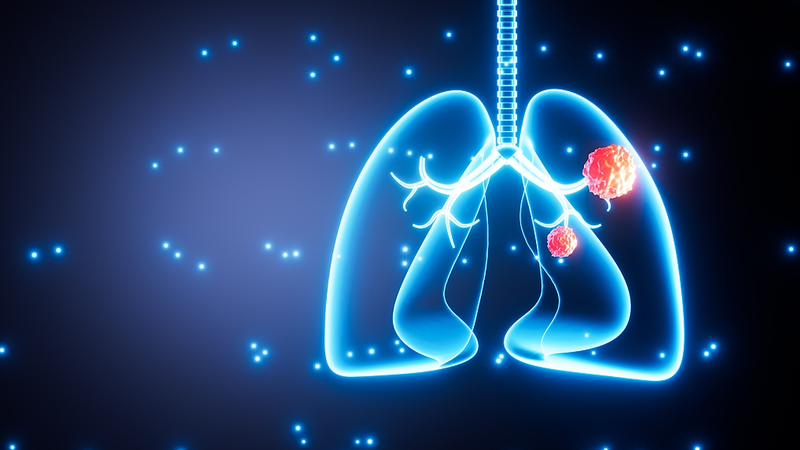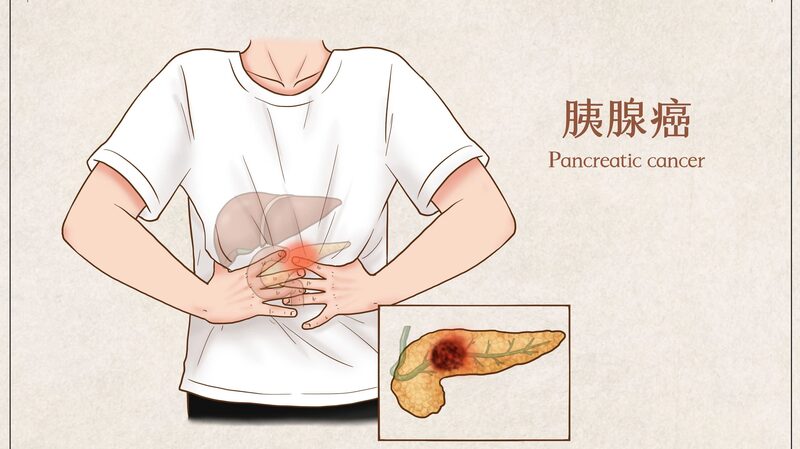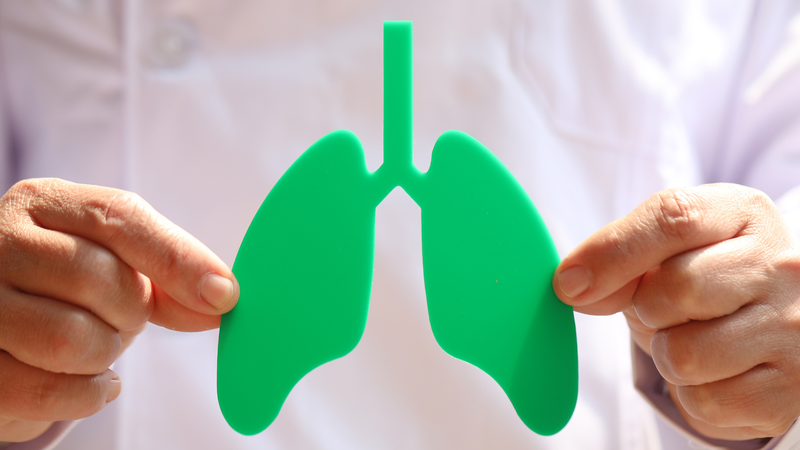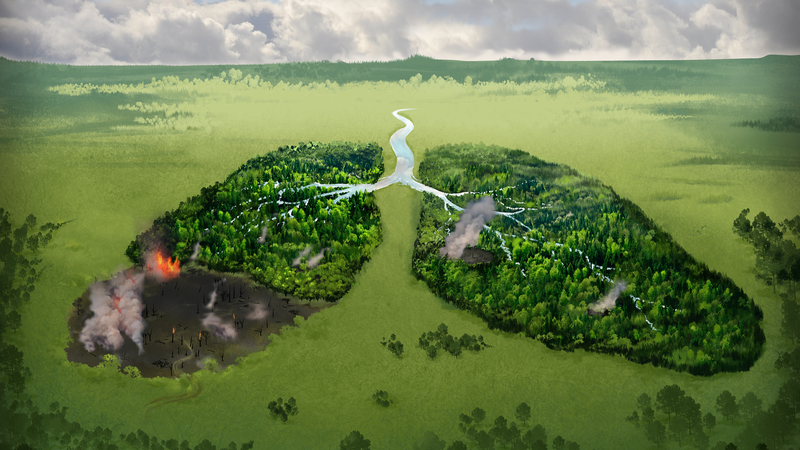Air pollution isn’t just bad for the planet—it might be rewriting your DNA. A groundbreaking study led by the U.S. National Institutes of Health (NIH) reveals that tiny pollution particles are linked to cancer-driving mutations in non-smokers’ lungs. 🧬
The Science Behind the Smoke
Analyzing lung tumors from 871 non-smokers across 28 regions, researchers found that exposure to fine particulate matter (think traffic fumes and factory emissions) correlates with genetic changes similar to those seen in smokers’ lung cancers. Key mutations, like those in the TP53 gene, suggest pollution could mimic tobacco’s damage at a molecular level.
Telomeres: The Biological Clock
Pollution doesn’t stop there. The study also tied dirty air to shorter telomeres—the protective “caps” on DNA strands. Think of them like the plastic tips on shoelaces: when they fray, cells age faster. This could speed up cancer growth, even in healthy lungs. ⏳
Why This Matters for Global Health
With up to 25% of lung cancer cases worldwide occurring in non-smokers, the findings spotlight pollution as a silent threat. “This isn’t just about climate change—it’s about human cells,” said one researcher. The call for cleaner air policies just got louder. 📢
Reference(s):
Study links air pollution to more lung cancer mutations in nonsmokers
cgtn.com








